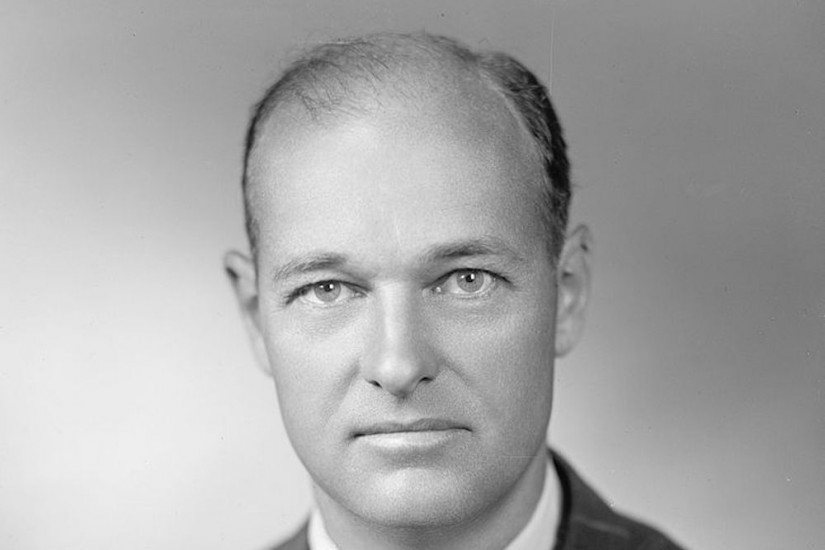“Anyone who has ever studied the history of American diplomacy, especially military diplomacy, knows that you might start in a war with certain things on your mind as a purpose of what you are doing, but in the end, you found yourself fighting for entirely different things that you had never thought of before,” he said."In other words, war has a momentum of its own and it carries you away from all thoughtful intentions when you get into it. Today, if we went into Iraq, like the president would like us to do, you know where you begin. You never know where you are going to end.”
Kennan is the author of the history-making 1947 essay in Foreign Affairs, which he signed as “X” and enunciated the policy of containment that helped define American foreign policy after World War II. In the interview, he also:
• Characterized the new national security document issued by the Bush administration last week as “a great mistake in principle”;
• Voicing the same view that Vice President Albert Gore would take a day later, he warned that launching an attack on Iraq would amount to waging a second war that “bears no relation to the first war against terrorism”;
• Declared that efforts by the White House and Republicans in Congress to link al Qaeda terrorists with Saddam Hussein “have been pathetically unsupportive and unreliable”;
• Said Bush “shouldn’t speak contemptuously” of the inspection teams that previously worked in Iraq, “because they succeeded in destroying and removing from Iraq very, very sizeable quantities of dangerous arms”;
• Called the failure of Democratic congressional leaders and the party’s would-be presidential candidates to question Bush’s war plans as “a shabby and shameful reaction”;
• Insisted that there is no evidence that Iraq has succeeded in developing nuclear weaponry, and even if they had, it would be targeted on Israel and not the United States;
• Said the Israelis almost certainly possess nuclear weapons, and would be “quite capable of mounting a devastating retaliatory strike” if Iraq ever uses weapons of mass destruction against Israel;
• Praised the diplomatic skills of Secretary of State Colin Powell, whom he called a “man of strong loyalties in a difficult position [who] has been much more powerful in his statements than” Defense Secretary Donald Rumsfeld; and
• Cautioned that the United States, even as the world’s sole superpower, cannot “confront all the painful and dangerous situations that exist in this world. … That’s beyond our capabilities.”
